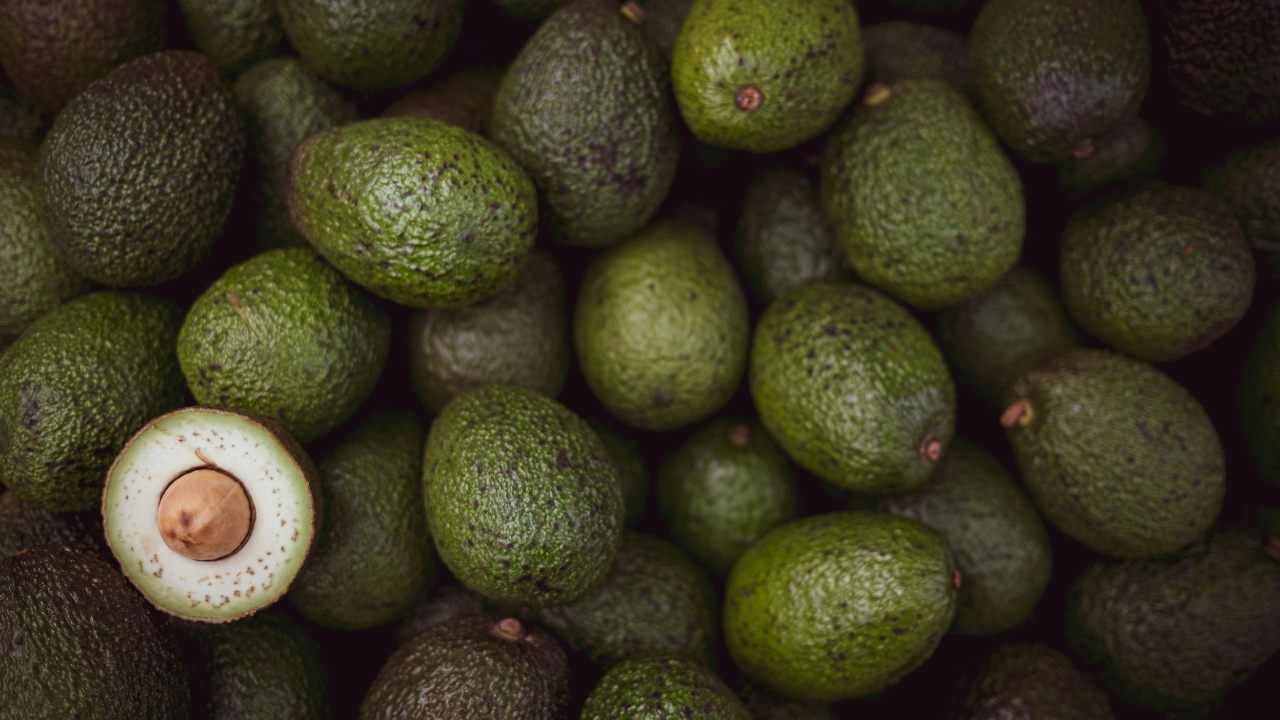Can Bearded Dragons Eat Avocado? TopFlight Dubia Answered
Posted by Scarlett Martin on Apr 5th 2024
Bearded Dragons are exotic creatures that pet lovers like to have. These fascinating creatures need healthy and tasty food for their growth and overall well-being.
The questions that may arise in your mind are: What do they eat? Is there something they prefer? Can I feed the food from my refrigerator? Do they eat vegetables? And, ofcourse, fruits - What type do they prefer?
Can bearded dragons eat avocado? TopFlight Dubia is introducing this detailed guide to resolve all your queries and keep your beardie happy and healthy.
Avocado For Bearded Dragons
Well, the answer may surprise you: NO.
Avocados are very healthy for humans, but as far as these exotic, delicate reptiles are concerned, they shouldn’t eat avocados.
Avocados contain “Persin,” which acts as a toxin for reptiles. Consuming avocados can have life-threatening health complications for bearded dragons regardless of the amount ingested.
Complications Due To Persin
- Heart disease
- Respiratory failure
- High-fat content leading to obesity
Symptoms Of Avocado Poisoning
- Lethargy
- Breathing difficulties
- Alterations in appetite
- Digestion disorders
Side Effects Of Avocado
Human beings much love avocados, but they are poisonous to bearded dragons.
However, it is unclear how much persin it takes to produce toxic effects in bearded dragons, so it is probably safest not to feed them avocados.
Besides the persin, avocado also contains oxalic acid that can react with calcium, thus inhibiting the absorption of calcium in the body. This can cause metabolic bone disease (MBD) in bearded dragons:
Symptoms of MBD include:
- Twitching or shaking limbs
- Lethargy and weakness
- Bone fractures
- Limb paralysis
If you’re on a quest for what to feed your bearded dragon, there are many other healthy treats to offer to your pet. Some veggie foods include collard greens, dandelion greens, and mustard greens, which are full of vitamins and essential nutrients. Other healthy treats include:
|
Bearded Dragon Balance Diet
The diet of beard dragons should be proportionate to enhance their health and lifecycle.
Juveniles should be fed approximately 70% live insects, Dubia roach, or crickets, and the remaining 30% fresh vegetables. This should change as they become adults, taking 70% vegetables and 30% proteins. This happens because their requirement for plant-based nutrients is higher in adult life.
Smaller fruits such as blueberries, strawberries, and small slices of apples are recommended.
Never Let Your Beardie Go Thirsty
Water intake is another factor that needs to be taken care of. Bearded dragons mainly obtain their water from the foods they feed on.
One recommended thing is providing your pet with lukewarm baths once or twice weekly to avoid dehydration.
Symptoms Of Dehydration
- Skin loses its elasticity
- Eyes look sunken
- Less mobility in bearded dragon
What Should I Not Feed My Bearded Dragon?
Certain things are essential to guarantee your bearded dragon's health.
Avocado is most dangerous because it contains very high persin; others include onions and garlic. These can lead to critical cases of gastrointestinal disorders and even death.
Spinach, beet greens, and other foods high in oxalates should be avoided or served sparingly. Oxalates form chelates with calcium that are not absorbed, which can result in metabolic bone disease.
While integrating new types of food into a diet plan for your bearded dragon, it is always essential to ensure that you know the risks involved.
Monitoring Your Dragon’s Health
Monitoring your pet's health is essential for detecting problems early. Bearded dragons without health issues are usually playful, move around, and have a good feeding response.
Although these changes are not the most common signs of some problems, they may also include loss of appetite, lethargy, changes in bowel movements, and skin issues such as weight loss, swelling, or injury.
Reptiles require periodic check-ups with a vet during their general wellness examination. These visits can diagnose diseases before they develop into hazardous conditions.
NOTE: You must always be keen and active to prevent your bearded dragon from developing illnesses.
What To Do If Bearded Dragon Ate Avocado?
If your beardie has consumed avocado, consult a veterinarian immediately. Also, monitor the pet's behavior, as it might be experiencing discomfort and stress.
Instead of avocados, offer your bearded dragon other fruits and vegetables, such as:
|
Safe Greens: Mustard green, collard, and turnip. Vegetables: These include bell peppers, squash, and carrots. Safe Fruits: Apples and blueberries, but in small portions. |
Conclusion: Follow TopFlight Dubia Tips & Advice

Bearded dragon lovers must ensure the dragons feed on the right type and balance of foods.
Despite their lustrous appearance, avocados are toxic to pets, so they should not be given to them in any form.
Always seek a vet or an expert if your pet consumes any amount of avocados. By following these measures, your pet will always remain happy and healthy.

